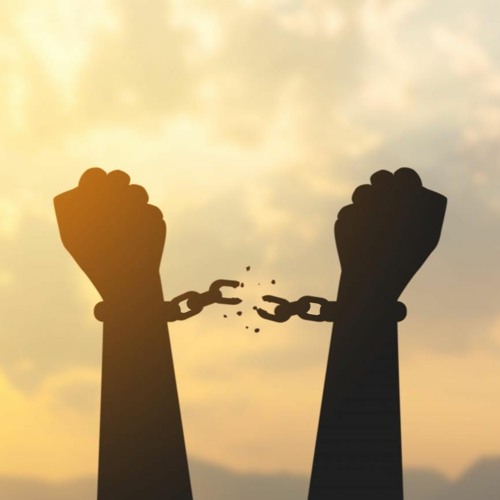Munir Uddin
This light, smeared and spotted, this night‐bitten dawn
This isn’t surely the dawn we waited for so eagerly
These are lines taken from the poem “Dawn of Independence” written by Faiz Ahmed Faiz in 1947. These lines not only reflect the pain and pangs of partition but also call for a fresh introspection into the idea of freedom. Freedom is a subjective idea open to various definitions. Since the objectivity of truth has been challenged first by the idea of dialectics and then postmodernist theories—especially deconstructionism—so, too, the idea of freedom—in the context of Pakistan—can and should also be deconstructed. Also, the shape that Pakistani state attained in the post-independence era seriously questions the legitimacy of the struggle for an independent state for Muslims where their rights and liberties were to be protected. The post-independence state was—in the words of marxist political scientist Hamza Alvi—overdeveloped with a strong army and bureaucracy and the society was underdeveloped. The post-independence state and politics was dominated by the military-bureaucratic oligarchy and the strong landlords. Therefore, it is indispensable to analyse whether struggle for Pakistan was meant to protect the rights of poor muslim masses or the powerful landlords and the indeginous bourgeoisie.
I had the opportunity to listen to Dr Tahir Karman who delivered his lecture on “freedom” and saw it in terms of individuality and collectivity. On 15th August 1947, although Pakistan got its freedom in the collective consciousness of masses who became a part of that historical process; though there were other people who saw their freedom being shrunk at that time. The meaning of freedom for the individual did not correspond with that of the collective idea of freedom: there were people who did not want to leave their ancestral land and the graves of their forefathers but their concerns were buried under the idea of collective freedom. The novel “Train to Pakistan” by Khuswant Singh and “Ice Candy Man” by Bapsi Sidhwa and the short stories of the Manto unearth the contradiction hidden in the idea of freedom which was secured at the time.
There is no denying the fact that the dominant notion of freedom completely overshadowed the individual freedom which was at odds with the collective consciousness of masses but the freedom movement for Pakistan is more complex than mere discourse of individual and collective freedom. This freedom movement was in fact—in the words of Hamza Alvi— a movement steered by the western educated class of united provinces to secure economic and political freedom for itself. The return of Gandhi from South Africa and his subsequent control of Congress party reduced the role as well as the importance of Jinnah in Indian politics and in order to maintain his relevance in Indian politics he resorted to actions which he never liked before. This western educated salaried class under the leadership of Jinnah constituted, what Benedict Anderson has termed, imagined community. They imagined a Muslim Community—a nation—different from the rest of communities of India that had the right to self determination and separte state. This theorisation brings back the the dichotomy of collective and individual freedom and suggests: it was the economic and political freedom of few individuals—western educated Muslim elite—that was at stake rather than the collective freedom of poor Muslim masses.
But the idea was projected in such a way that what was the freedom of few, appeared to be the freedom of all. These few people dominated the politics, bureaucracy and military after independence and the ordinary people remained what Hamza Alvi called “underdeveloped”. The overdeveloped state dominated by the landlords—who ran the campaign for Pakistan in Punjab and who at first were the strongmen of Unionist Party—the indegenious bourgeoisie controlled the state apparatuses and the ordinary people remained what they used to be before the partition. The contradictions that accompanied the Pakistan movement surfaced after independence and they not only crippled the democracy of the newly founded state but also handed over the real source of power to non-democratic forces that still haunt this country.
The Students’ Herald News Desk focuses on reporting the latest news regarding student politics and campus updates to you.
The News Desk can be reached at admin@thestudentsherald.com




